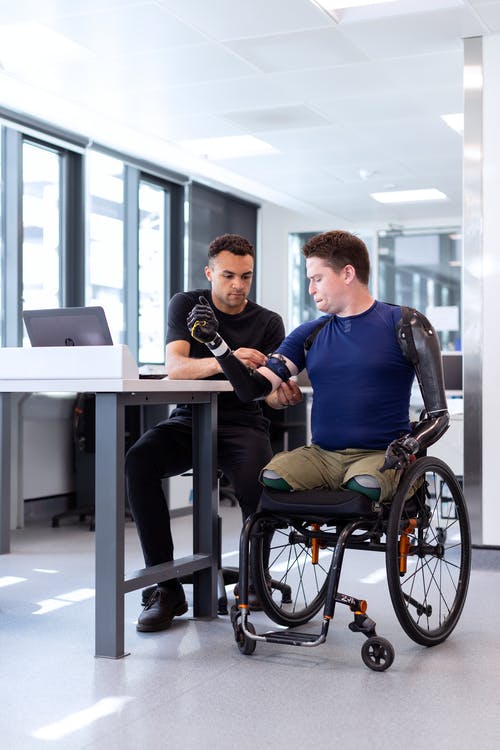What are the Different Types of Disability?

What are the Different Types of Disability?
What are the types and causes of disability? This is a commonly asked question by disabled people who don’t know much. In fact, disability refers to any impairment that prevents a person from doing a particular activity or from performing certain tasks. It can be physical or mental. The definition of a disability also includes any impairment that causes the person to be unable to perform the work necessary for survival, known as a physical disability.
Disability also includes impairments that make it difficult for the person to perform basic functions. These functions include eating, bathing, walking, and thinking. A mental disability, on the other hand, refers to a condition which causes a person to have a hard time performing ordinary or usual tasks. It is not unusual to have both a mental and a physical disability.
There are many types of disabilities. There are more than 1.25 million NDIS Richmond who are considered to have some form of disability support services. In addition, there are many more people who are classified as borderline between disability and non-disability. They may have minor impairments that do not affect their daily lives but are unable do the things most people take as a given, such as work.

It is common to wonder what types of disability exist when someone who isn’t disabled is unable work. There are two types, physical and psychological. Physical disabilities affect your body, while psychological disabilities affect your thoughts and ability think. Although these disabilities may seem like minor inconveniences, they can have a significant impact on the quality and enjoyment of a person’s life.
Physical disability is the most common. This type disability is usually due to a medical condition. Common examples include leg cramps, arthritis, back pain, and arthritis. A person with back problems will find it difficult to get out from bed and will have difficulty working on projects. A person with arthritis will have difficulty walking and will need a cane or other lightweight item to help him or her go about their day.
Psychological disabilities, on the other hand, affect a person’s thoughts and the way that he or she thinks. Depression can cause a person to have difficulty functioning in social situations and at work. Other examples of this type of disability include post-traumatic stress disorder, schizophrenia, and bipolar disorder. When a person has a disability, it can affect the way that he or she learns and earns money, the way that he or she takes part in social activities, and even the way that he or she talks or acts. A disability could be caused by a medical condition (or an accident), or a mental disorder.
There are many reasons why someone may end up with a disability. Some people are born with a disability while others acquire it as they get older. In some cases, a person develops a disability later in life due to age or a disease. However, most people will need to take good care of themselves due to a disability.
The definition of what are the types of disability is going to vary from person to person. For some, a disability may be an indication that something is wrong. However, this is not always the case. Many people have both mental or physical disabilities. People who need help should be able to seek it themselves and not rely on others.

